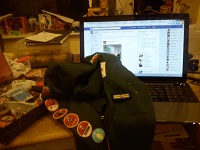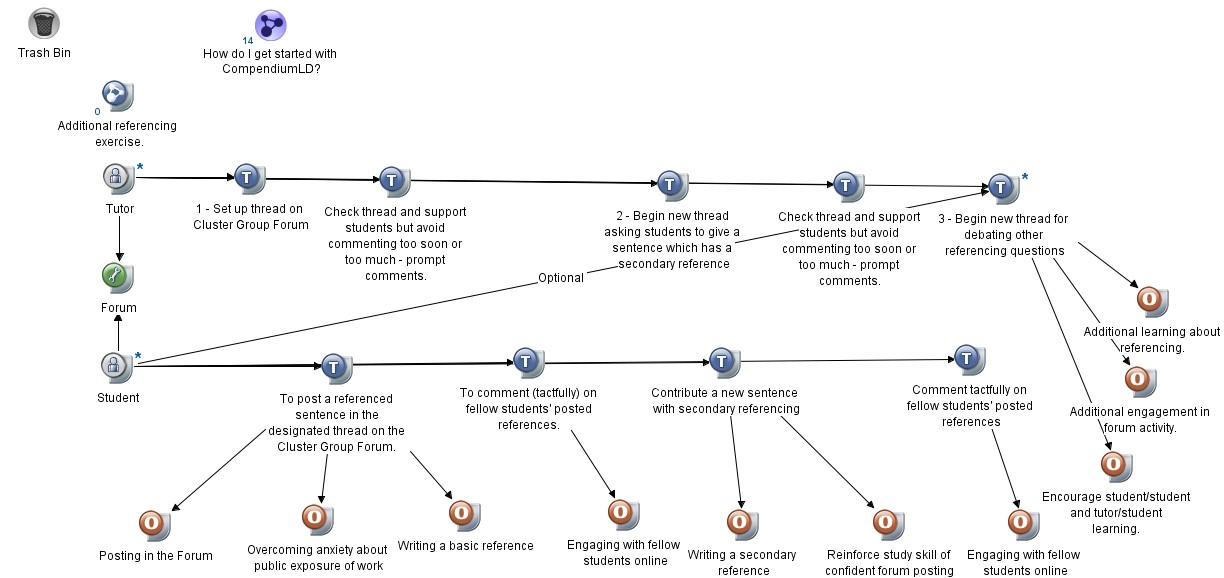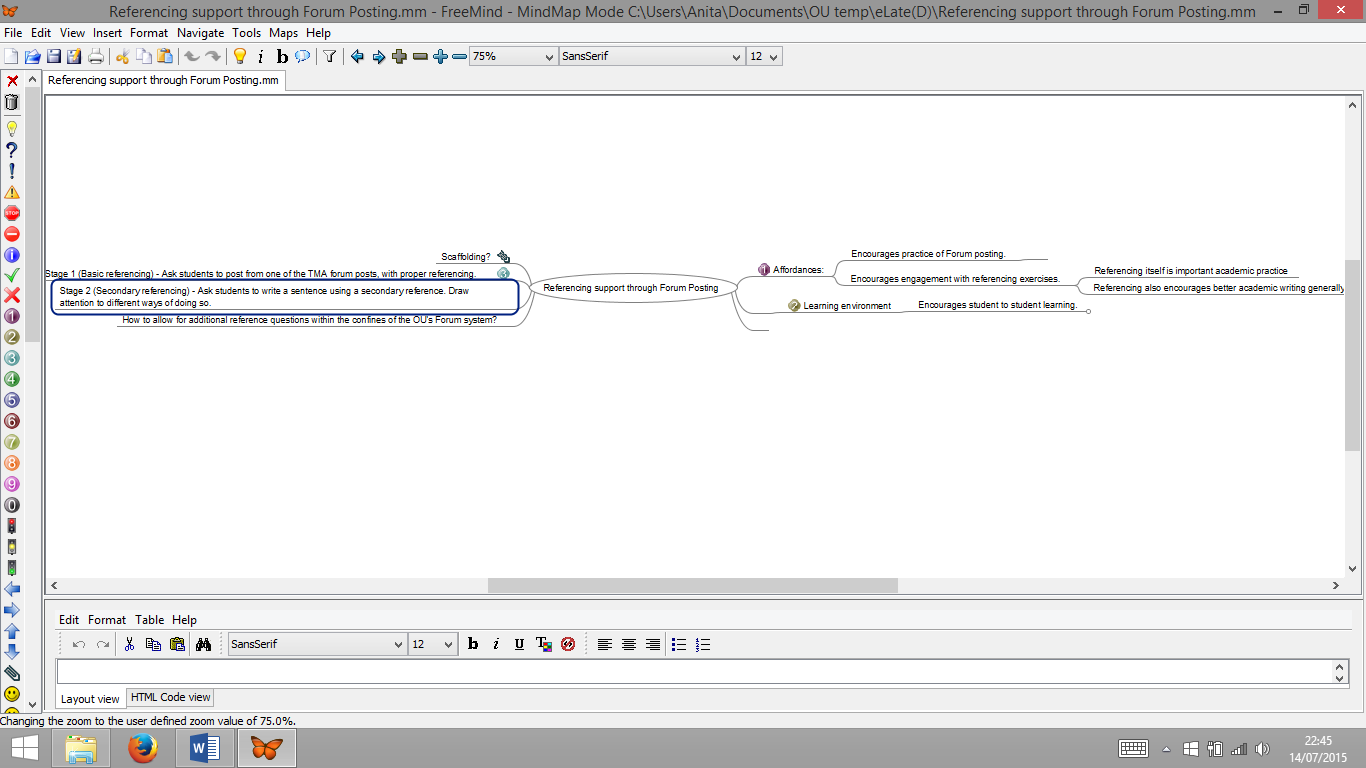Awww, we are nearly at the end of the e(LATE)D module. I'm really going to miss going on the study calendar, checking in with people and reading about e-tivities and online pedagogy.
When I started the module, there was a questionnaire to fill in designed to help you see if you had time to undertake it. I didn't have time to fill that in so I just signed up anyway . In retrospect I see I probably shouldn't have done the module at this particular time, when I am in the middle of teaching a brand new module, my daughter was just finishing primary school and going up to secondary and I had my nephew (with profound special needs) staying on his annual holiday with me. I am so glad I didn't put it off, though, because I would have been sorry to go another few months without the understanding I've gained from the course.
I was done for speeding once, and sent on a speed awareness course. I grumbled that the course wasn't for good people like me, who only occasionally tipped over the speed limit. When I got there I found it was exactly for people like me as it was designed to help good drivers stop the occasional over-enthusiastic use of the accelerator.
e(LATE)D was like that. I know a fair bit about the internet (not as much as my eleven-year old of course), and am a regular user of forums. I thought e(LATE)D would just be a way of rubber-stamping my knowledge. What I found from the start was that it was a great opportunity to reflect on my teaching online and provided many many opportunities to think about my academic praxis as an Associate Lecturer.
 (The E-Learning Mum)
(The E-Learning Mum)
Although I've been a mature student and know from the inside many of the anxieties my students experience, I haven't been a student on a distance learning module myself. Going on the course helped me see e-learning through the student's eyes. I became quite sad when I fell behind a couple of weeks and felt I was missing out - how often have I complacently reassured some student that it's OK to skip a couple of things. When I was in the situation of having to do so, I really didn't want to!

The module is well designed with the inclusion of pedagogic literature. As usual with OU modules, building blocks for writing assignments are set out for you, interspersed with activities which develop skills. e(LATE)D was a great opportunity to consider how to teach, and the principles around which to design teaching. I have a better understanding now of how the modules I'm teaching have probably been designed. I am keen to go and read Ken Bain's work in more depth, and explore further the distinction between social constructivist and critical learning pedagogies.
![]()
Of course, there was nudging towards using online applications which I had always meant to get my head around but not quite done yet. I will master the RSS feed one day! I am nearly there with it now, LOL. (I'm wondering if I can use it to make a list of e-learning academic journals, and what has come out in their latest issues. Or would de.licio.us - now 'delicious' be better for that?)

Writing out my e-tivity (see blogposts below) was an excellent opportunity to reflect carefully on a teaching activity I had always wanted to incorporate into my modules. I got great feedback and support from the others on the module.
I also got to read their write-ups of e-tivities, and this was very helpful to me in considering how I write and how I can improve my own academic writing. I got some excellent ideas from their e-tivities, which I hope to translate onto my own module next year (duly referenced, of course!).
I did think I would get my head around the key technologies (apps?) which are 'trending' in the academic e-world right now. But what is 'hip' today in e-learning is no longer 'bae' tomorrow. (At the time I post, the adjective 'bae' meaning 'cute, adorable, my bae-by' is so cool you can't even google it but by the time you read this it will probably have been overtaken by something else.) I learned more about a lot of apps I'd wondered about, and I found out about new ones. Most of all, I learned to keep looking and exploring in the internet world.
I was inspired by the opportunities e(LATE)D offered to develop my understanding of e-learning and of pedagogies in general. It was an entry point to the literature in my professional field. I mean now to look for opportunities to join communities where I can continue the conversations I have begun on best praxis in e-learning.
Perhaps that is the best end result of a course, that the student emerges not with a body of dry knowledge, soon to be outdated, but as a 'deep learner' (HETL interview with Bain in 2012). Someone who has been able to access 'learning [that] has a sustained and substantial influence on the way they will subsequently think, act, and feel'.


